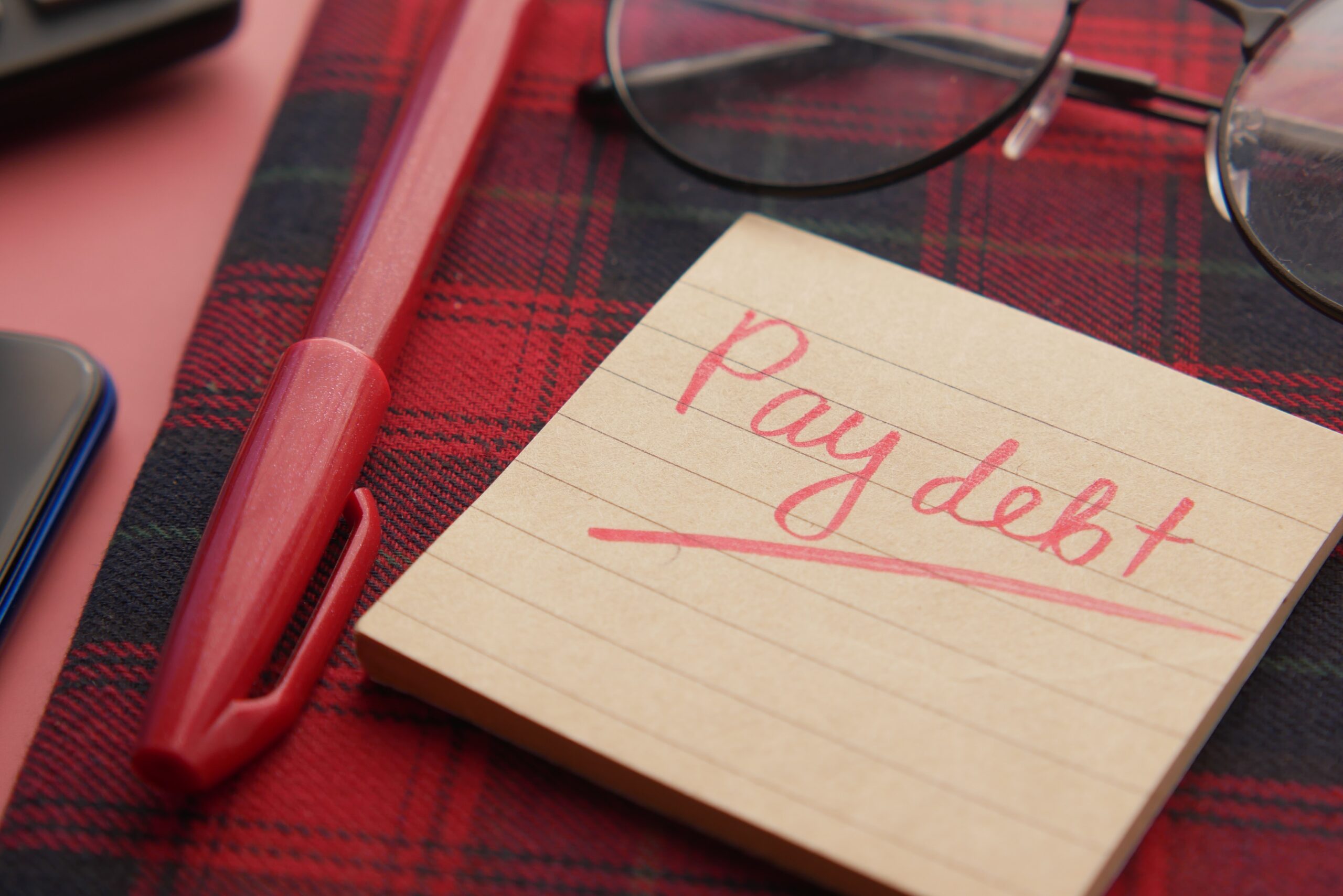
As of December 2018, the average UK households credit card debt stood at £7,863, an amount it would take over 25 years to pay back if only minimum repayments were made. Unfortunately, not everyone can afford to make those repayments, often through no fault of their own but due to a change in personal circumstances, redundancy for example.
When a person can’t make their repayments, lenders will chase them for the money owed. If the debt is secured, a mortgage for example, then a person’s home could be put at risk; if they can’t make their repayments, in the end, their lender will repossess the property.
If the debt is unsecured, a credit card for example, then the lender will chase the borrower for payment. If the borrower can’t make these payments, they have a number of choices including taking out a Debt Relief Order (DRO), or Individual Voluntary Arrangement (IVA). Depending on the size of their debt, they may even consider filing for bankruptcy.
They also have the option of negotiating a full and final settlement of their debts with their creditors, something which they can do through organisations such as Citizens Advice or on their own if they prefer.
What is a full and final settlement?

Despite the name, full and final settlements are often called partial or short settlements because they involve paying creditors a lump sum that is less than the full amount owed; in return, the creditors agree to write off any remaining debt.
While this might sound counter-intuitive, many creditors are willing to write off a proportion of a person’s debt because they believe the chances of receiving all of the money owed are low; in these cases, getting some of their money back is a much better option than getting none at all. In fact, last year, credit card companies wrote off over £471 million in credit card debt meaning if you are struggling to make repayments, it’s worth speaking to them.
In general, lenders ask their creditors to accept a full and final settlement against their outstanding debt. However, if you have stopped making repayments, your credit card company may write to and make an offer that includes their receiving a lump sum payment in return for writing off the rest of your debt.
How much money do you need for a full and final settlement?
The amount you’ll need to make a full and final settlement will depend on how much money you owe as your offer will need to be significant enough to make it attractive to your lenders but not so high as they believe there is a chance you could pay off the full amount you owe.
A general rule of thumb is that lenders will write off 20% of your debts, meaning you’ll need money equivalent to 80% of the money owed.
While 80% is the figure considered to be acceptable to most creditors, this does not mean that they won’t accept less; some have been known to accept as little as 50% of the total debt. What creditors will want to see is that you are serious about getting yourself out of debt, meaning you will need to evidence that you are using, if not all, then the majority of any money you have to make a full and final settlement.
What do you do if you have multiple debts?
If you owe money to more than one lender, you can – in theory – make a full and final settlement offer to just one of these, meaning you are reducing your debt if not getting out of it completely. However, this will not stop other creditors chasing you for money, so if you can offer each a percentage of what you owe them, you might be better off.
Remember, when you split the money to share it out equally based on the size of your debt with the creditor you owe the most money to getting the largest share.
If making a full and final settlement offer to multiple lenders means you are paying each less than 80% of the total owed, explain to your creditors how you have split up the money you are paying back to show it is being done fairly.
Making a full and final offer

If you want to make a full and final offer, you can contact your creditors directly or ask an organisation such as Citizens Advice to act on your behalf. If you are contacting creditors yourself, you should call them in the first instance to find out if there are any specific steps they want you to follow (then follow them).
Most creditors will ask you to write a letter that confirms you cannot pay off your debts and explains how much money you have and how much you would like to pay back in return for the remainder of your debt being written off. You will need to let the creditor know your financial situation in some detail including how much you earn and how much you spend on essentials so they can see that you don’t have the money to make repayments.
Your creditor will respond to your request, either agreeing to your proposal or making a counter-offer. If you feel this is fair, you can accept it or look to negotiate further. Once a settlement sum has been agreed, your creditor will send you confirmation that your debts have been settled and you won’t need to make any more repayments.
While you won’t need to make any more repayments, the fact that you did not pay off your debt in line with your credit agreement will be recorded on your credit file and the settlement marked as partial repayment. It will stay on your credit file for six years, which could impact your ability to get credit during this time.






